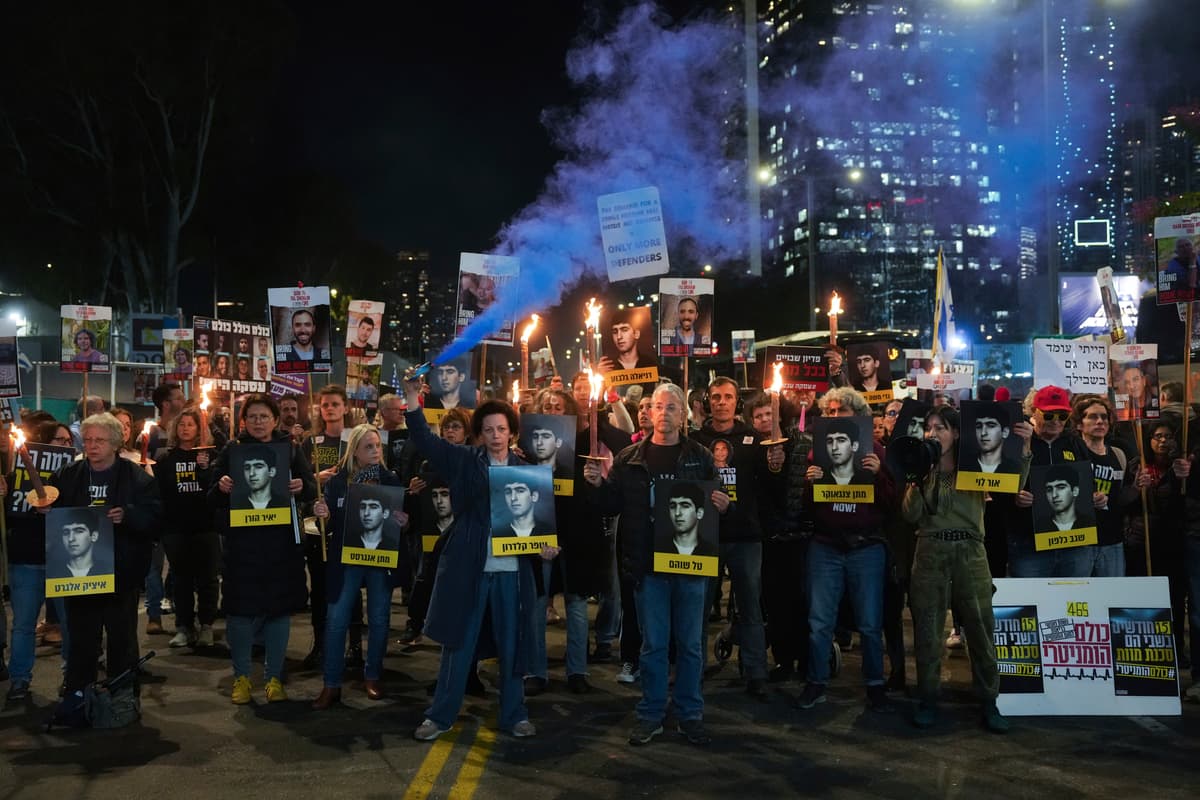Hamas Accepts Draft Agreement for Gaza Ceasefire, Release of Hostages, Officials Say
An Israeli official says progress has been made, but details are being finalized. Any plan would need to be submitted to the Israeli Cabinet for final approval.

CAIRO — Hamas has accepted a draft agreement for a ceasefire in the Gaza Strip and the release of dozens of hostages, two officials involved in the talks said Tuesday. Mediator Qatar said the negotiations were at the “closest point” yet to sealing a deal.
An Israeli official said progress has been made, but the details are being finalized. The plan would need to be submitted to the Israeli Cabinet for final approval.
Officials spoke on condition of anonymity to discuss the closed-door talks.
America, Egypt, and Qatar have spent the past year trying to mediate an end the 15-month war and secure the release dozens of hostages captured in Hamas’ October 7, 2023, attack that triggered it. Some 100 Israelis are still captive inside Gaza, and the military believes at least a third them are dead.
Officials have expressed mounting optimism that they can conclude an agreement ahead of the January 20 inauguration of President-elect Trump, whose Mideast envoy has joined the negotiations.
A Qatari Foreign Ministry spokesman, Majed al-Ansari, said at a weekly briefing Tuesday that the ongoing negotiations are positive and productive, while declining to get into the details of the sensitive talks.
“Today, we are at the closest point ever to having a deal,” he said.
Hamas, meanwhile, said in a statement that the ongoing negotiations had reached their “final stage.”
A three-phase agreement
The three-phase agreement — based on a framework laid out by President Biden and endorsed by the United Nations Security Council — would begin with the gradual release of 33 hostages over a six-week period, including women, children, older adults and wounded civilians in exchange for potentially hundreds of Palestinian women and children imprisoned by Israel.
Among the 33 would be five female Israeli soldiers, each of whom would be released in exchange for 50 Palestinian prisoners, including 30 convicted militants who are serving life sentences. By the end of the first phase, all civilian captives — living or dead — will have been released.
